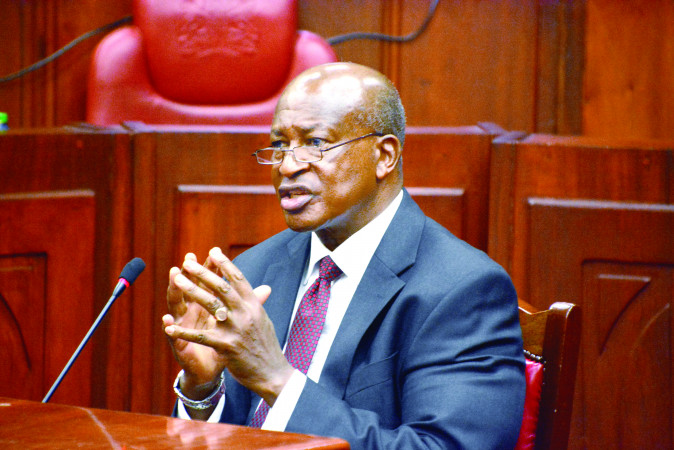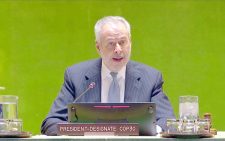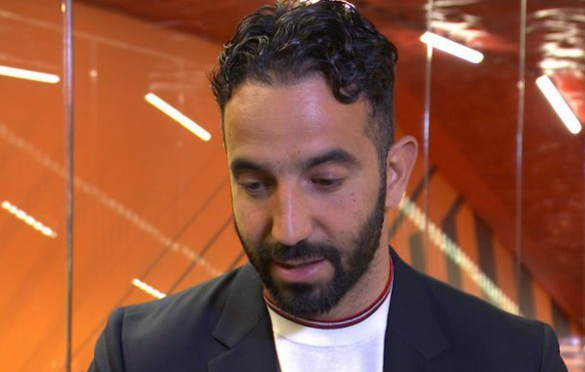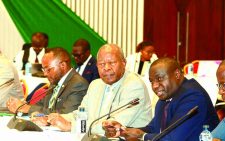Petitioner opposes bid by AG to represent Matiang’i in incitement case
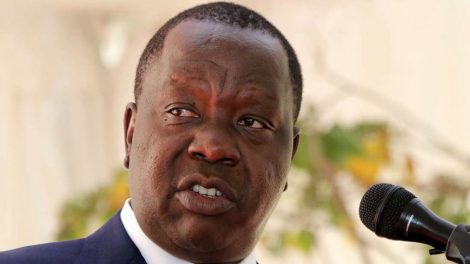
An attempt by Attorney General Kihara Kariuki to represent Interior Cabinet Secretary Fred Matiang’i in a suit where he is accused of issuing inciting remarks, has been opposed by a petitioner.
When the matter came up for mention before Justice Antony Mrima, the petitioner John Kaburi, through his lawyer Charles Ongoto, opposed the AG’s application seeking to represent Matiang’i saying the remarks made by him were personal and not the government’s position.
“Matiang’i being in charge of security expressed that he has authority over the National Police Service and allegedly uttered that he can command them to watch other members of the public being deprived of their rights and not take any action thus putting the life and security of the petitioner in danger,” Kaburi said.
The judge directed that the petitioner file a formal application in order to allow the Court to make a ruling on the issue of representations.
Kaburi is seeking to have Matiang’i investigated and charged over alleged inciting remarks he made between 2017 and 2020.
He alleges that the CS declared himself a member of the outlawed Chinkororo group yet he is the Cabinet Secretary in charge of Interior.
Ethnic hatred
In his court documents, Kaburi claims that on October 2017 and later on October 10 and 11, 2020, at public gatherings, Matiang’i made utterances, which caused, or were likely to stir up ethnic hatred and chaos.
Kaburi accuses Inspector General of Police Hillary Mutyambai, the Directorate of Criminal Investigations (DCI) George Kinoti and other institutions of failing to act against Matiang’i.
He also accuses the CS of continuing to address the public using threatening, abusive and insulting words in a manner that demeans his office.
“The alleged hateful utterances went viral and were circulated and became a matter of public interest whereby the petitioner recognised that the fundamental rights and freedoms enshrined in the Constitution under Article 33 clause 2 and 3 and Article 29 were violated,” Kaburi says in the court papers.
